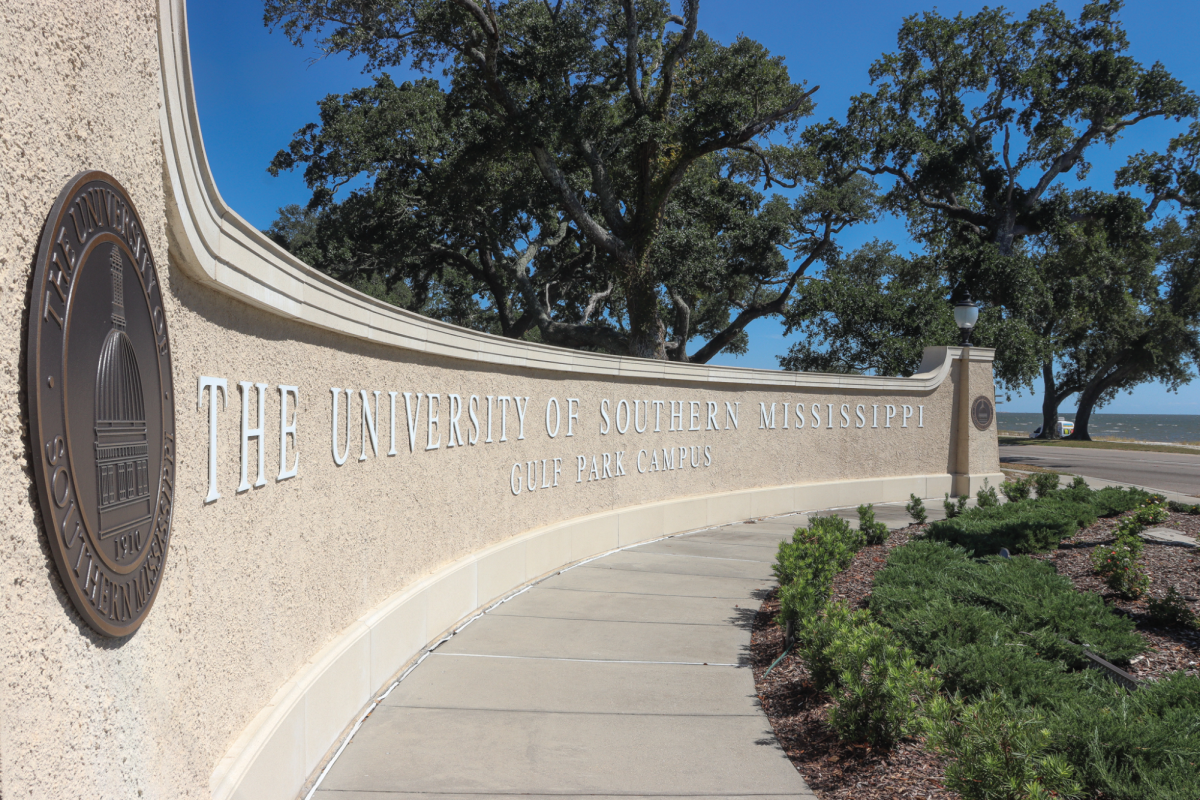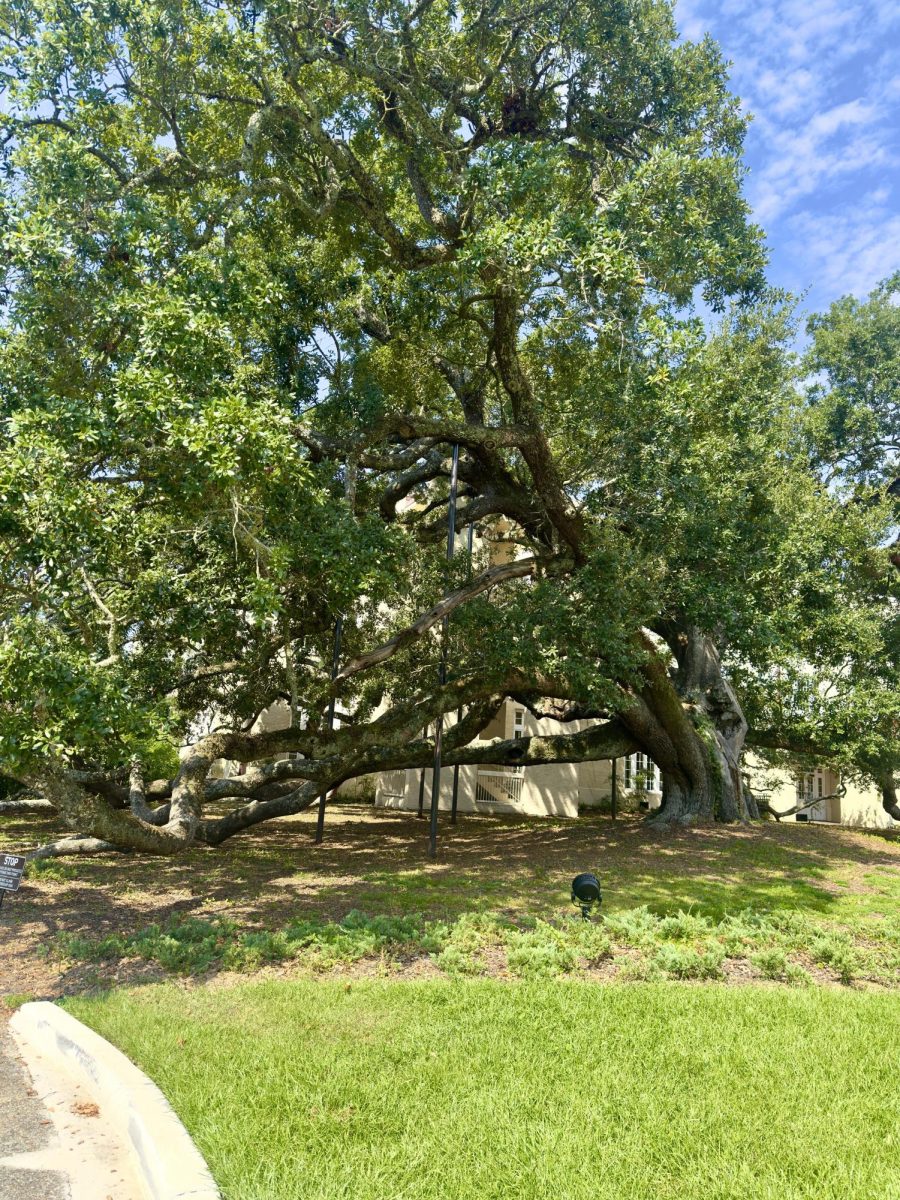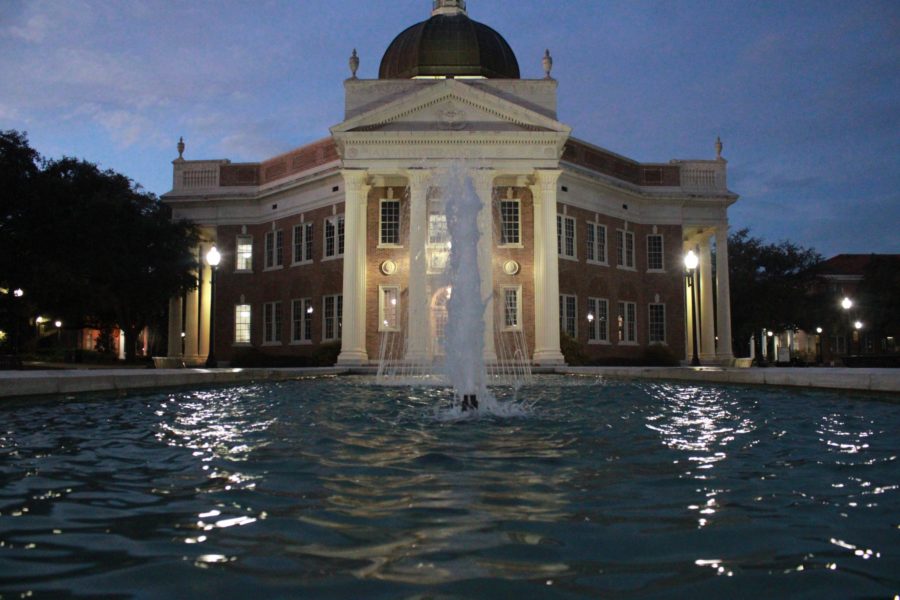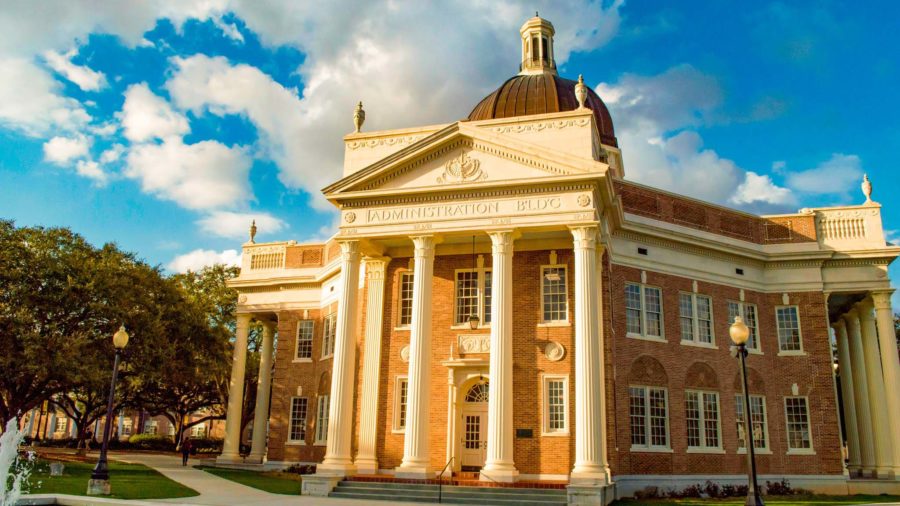USM’s School of Coastal Resilience undergoing change
The University of Southern Mississippi’s School of Coastal Resilience will soon undergo a series of changes aimed at aligning itself more with the institution’s overall long term growth plans. And Dr. Lance, USM’s Provost and Vice President of Academic Affairs, wants to dispel any rumors associated with the impending changes.
“Classifying this move as a dismantling is not an accurate description of the decision and the outcome,” Nail said. “This action is actually a reversal of a restructuring decision made a few years ago.”
Located on USM’s Gulf Park campus, the School of Coastal is home to more than thirty research and teaching faculty disciplined in sciences and mathematics, social sciences, and humanities. Their research and teaching interests encompass what impacts human well-being and ecosystem vitality in coastal regions.
In 2021, the Southern Miss administration restructured programs on the Gulf Park campus to increase student enrollment and improve overall student success. But those outcomes were never achieved.
“All successful organizations, including institutions of higher learning, must continuously monitor and evaluate systems and structures to ensure the overall goals are being met or exceeded,” Nail explained. “In this case, the desired outcomes were not present.”
Additionally, University leadership heard from the faculty, both in face-to-face meetings and through a survey issued to faculty on the success of that restructuring. The overwhelming response was that the creation of the School of Coastal Resilience was not a successful or necessary step for achieving their academic goals. And several faculty members in the school expressed frustration and feelings of being disenfranchised from their home disciplines because of the restructuring. Home disciplines refer to routines, rules, and habits set up within a household to support order, harmony, and organization.
Faculty are now returning to their home disciplines, which ultimately creates opportunities for better collaboration on academic and research initiatives that improve both student success and research outcomes. Their work will be associated with their home discipline instead of the School of Coastal Resilience. And the two degree programs that existed in the school will now be housed in the College of Arts and Sciences. These decisions will affect ongoing research and initiatives related to coastal resilience minimally, with the idea that research should only be enhanced as this change should foster closer working relationships between faculty in the school and their peers across campus.
Resources will be redistributed in a similar manner to have a stronger alignment of funds and to maximize operations. And while all the impending changes will mostly impact faculty, students could be minimally affected.
“We have a plan in place for the small number of students who will be directly impacted,” Nail said.
For more information on changes related to the School of Coastal Resilience, call (228) 865-4507 or email [email protected].































